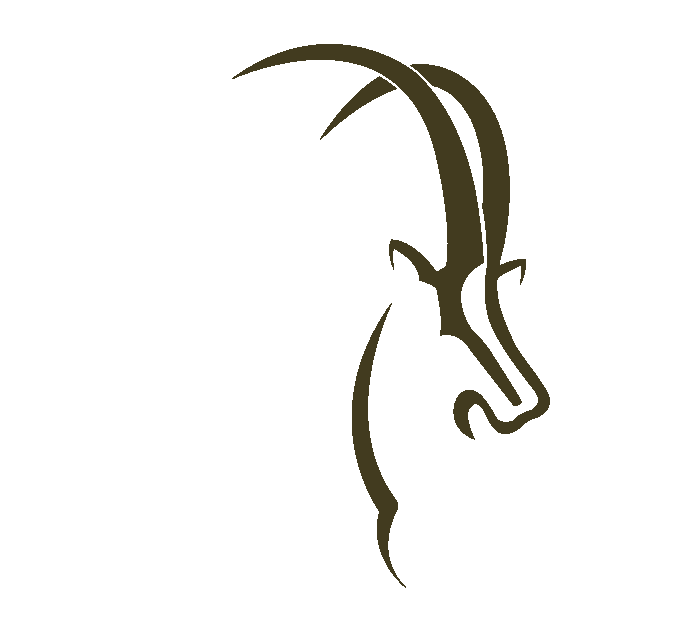TICKS AND PARASITES: A PROBLEM WHEN IT COMES TO BREEDING BULLS THE CAUSE, TREATMENT SUGGESTIONS AND
- Purple Rain Game Breeding
- Apr 28, 2016
- 2 min read
Ticks and parasites capitalize on “busy” breeding bulls!

It is well known fact that tick distribution and their abundance is essentially determined by various bio-climatic factors, including rainfall and the most importantly the availability of appropriate hosts.
Due to the amount of blood they are able to extract, ticks signify a major threat to the health and fitness amongst antelope and other ungulates, reducing energetic and nutritional resources.
In Southern Africa, the most extreme threat resulting from adult ticks occurs during the wet season; generally shortly before or coinciding with the start of the breeding season. This poses an imminent threat to all animals, but most especially by subjecting sexually active males to the detrimental effects of ectoparasites, at a time when their full resources are required in order to compete with other males for territories and access to females.
In intensive breeding camps, there is most often no competition with other males, however breeders will often have too many breeding females with the breeding male. This results in the breeding male being deprived from feeding time, which in turn prevents him from getting to the feeding troughs and as a result he is not getting dipped against ectoparasites.
Due to the large number of females that the breeding male needs to cover – he will also not get time to groom himself from these ectoparasites, which under normal circumstances he would do on a regular basis. The result of this ‘non-grooming’ proves detrimental to the health of the breeding bulls as can be seen in the following images.


Recommendations for Breeding Bulls in Breeding Camps:
A breeding bull should be in a breeding herd of no more than between 12-15 breeding females which he needs to cover.
Anything above 25 females is far too many and will have an adverse effect on the health of the breeding bull as illustrated in the images above.
The herd should also be monitored and managed at all times. If the breeding herd splits up and forms various smaller herds, this will increase the work for and place the breeding bull, placing him under further pressure and thereby affecting his health negatively.
Treatment for Ectoparasites:
Topical drugs with a flumenthrin basis should be applied as these drugs will kill the ectoparasites immediately and hence decrease the skin irritation.
The affected animal should be treated with cortisone as well as painkillers, antibiotics and Dectomax for maggots.
Pro-active prevention:
At Purple Rain Game Breeding we recommend that:
A breeding herd should never have more than 12-15 breeding females with 1 breeding bull.
You always ensure that the breeding females remain together as one herd; if they should split up into smaller herds the number of females per bull should be decreased.
Animals should be treated with a flumenthrin dip (a pyrethroid insecticide) for 5 days and then be removed. These dips are used externally by veterinarians for use against parasitic insects and ticks on game, cattle, sheep, goats, horses, and dogs as well as in the treatment of parasitic mites in honeybee colonies.




















































Comments